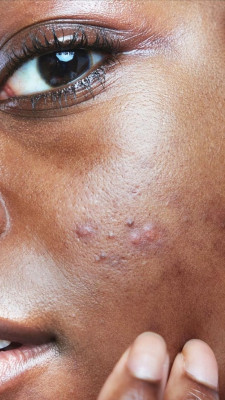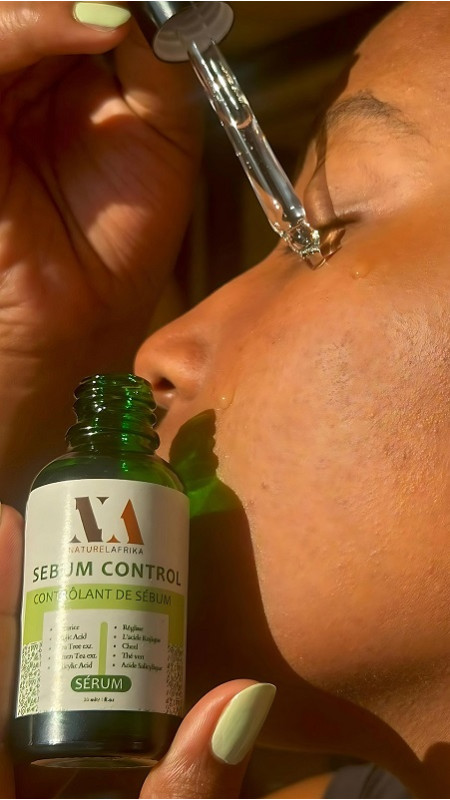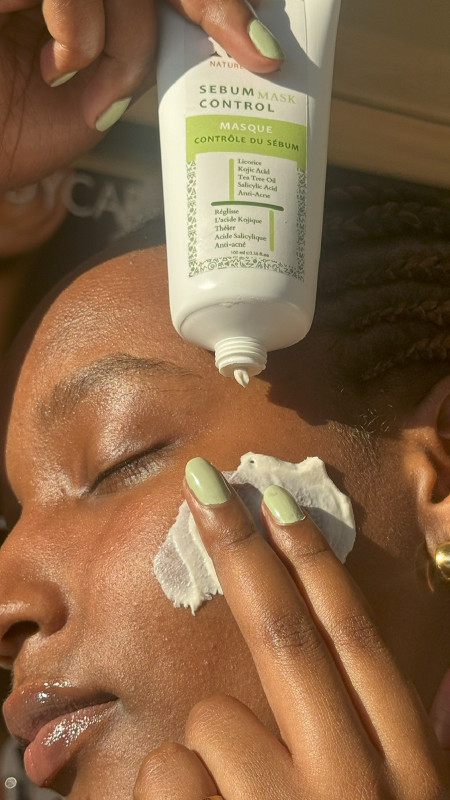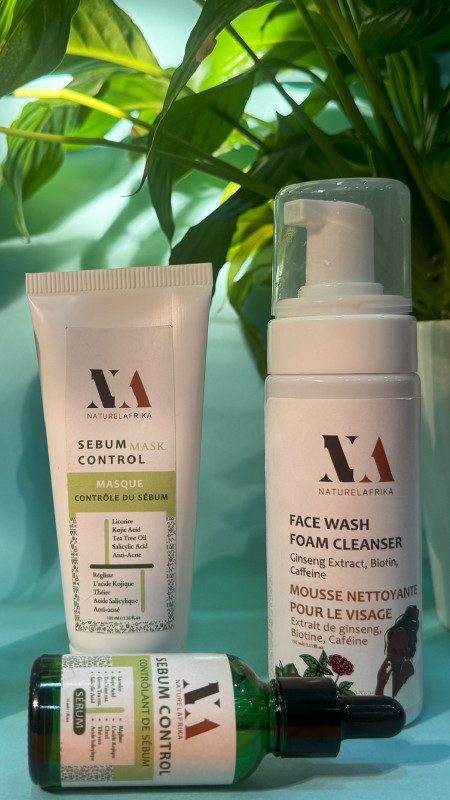02 May


Let's talk acne
Acne is a skin condition that occurs when the hair follicles become clogged with oil and dead skin cells. This leads to the formation of pimples, blackheads, whiteheads, and other types of blemishes on the skin. Acne usually appears on the face, but it can also occur on the neck, chest, back, and shoulders. It is a common condition that affects people of all ages, but it is most commonly seen in teenagers and young adults.
1. Keep your skin clean: Washing your face twice a day with a gentle cleanser can help remove excess oil and dead skin cells that can clog your pores.
It's important to note that not all acne can be prevented, and some cases may require medical treatment. If you are experiencing severe or persistent acne, it's best to consult with a dermatologist for personalized advice and treatment options.
Preventing acne can be challenging because it is often caused by a combination of factors, including genetics, hormones, and lifestyle habits. However, there are several steps you can take to help prevent acne.





3 Comment(s)
1
1
1
1
1
1
1
Leave a Comment